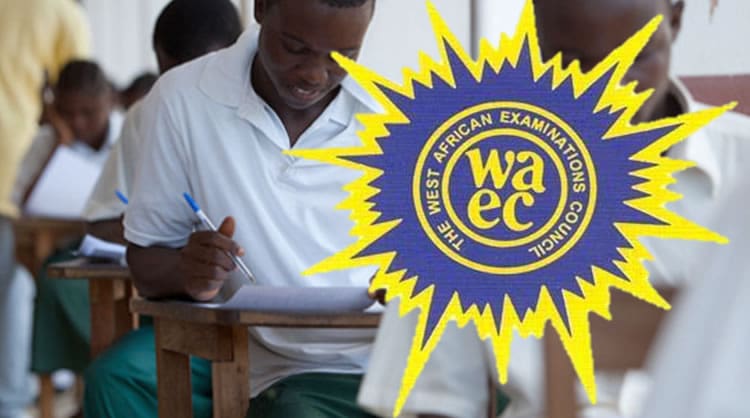WAEC Announces May 8 for Exams To Begin – As announced by Mr Patrick Areghna
West African Examinations Council (WAEC) announces that West African Senior School Certificate Examination (WASSCE) has been slated for May 8 to Friday, June 23, a period of seven weeks.
This was announced on Thursday by WAEC Head of National Office, Mr. Patrick Areghan, at a pre-examination briefing in Lagos.
He said the level of insecurity in the country was a concern, adding that some areas require extra security arrangements.
“We are liaising with the Inspector General of Police, Brigade Commanders, other security agencies and state governments.
“This is to ensure the examination is conducted under a safe environment. We’ve also sought the intervention of the Minister of Education,” he said.
WAEC zonal and branch offices have likewise reached out to security outfits in their locations for assistance, Areghan hinted.
A total of 1,621,853 candidates from 20,851 secondary schools across Nigeria registered for the examination.
The breakdown shows 798,810 are male, representing 49.25 per cent, while 823,043 are female, representing 50.75 per cent.
He further stated that, “For the second time in succession, we have successfully reverted to May/June period for the conduct of the examination. This is remarkable. The significance of this landmark is that the West African Examinations Council (WAEC) and the various member States, with the exception of Ghana, have now again found common ground in respect of their academic calendars.
“This shows a massive recovery from the devastating effects of the COVID-19 pandemic. Our sincere gratitude goes to the Honourable Minister of Education and his Ministry for this memorable achievement, and to the Registrar to Council for his untiring efforts.”
According to Areghan, candidates would be examined in 76 subjects, made up of 197 papers.
He added that about 30,000 practicing senior secondary school teachers, nominated by the various State Ministries of Education, would be participating in the examination as supervisors.
Teachers in all the schools presenting candidates for the examination would serve as invigilators in their respective schools. While supervisors and invigilators for derecognized schools would be solely appointed, from outside the schools, by the State Ministries of Education concerned.


